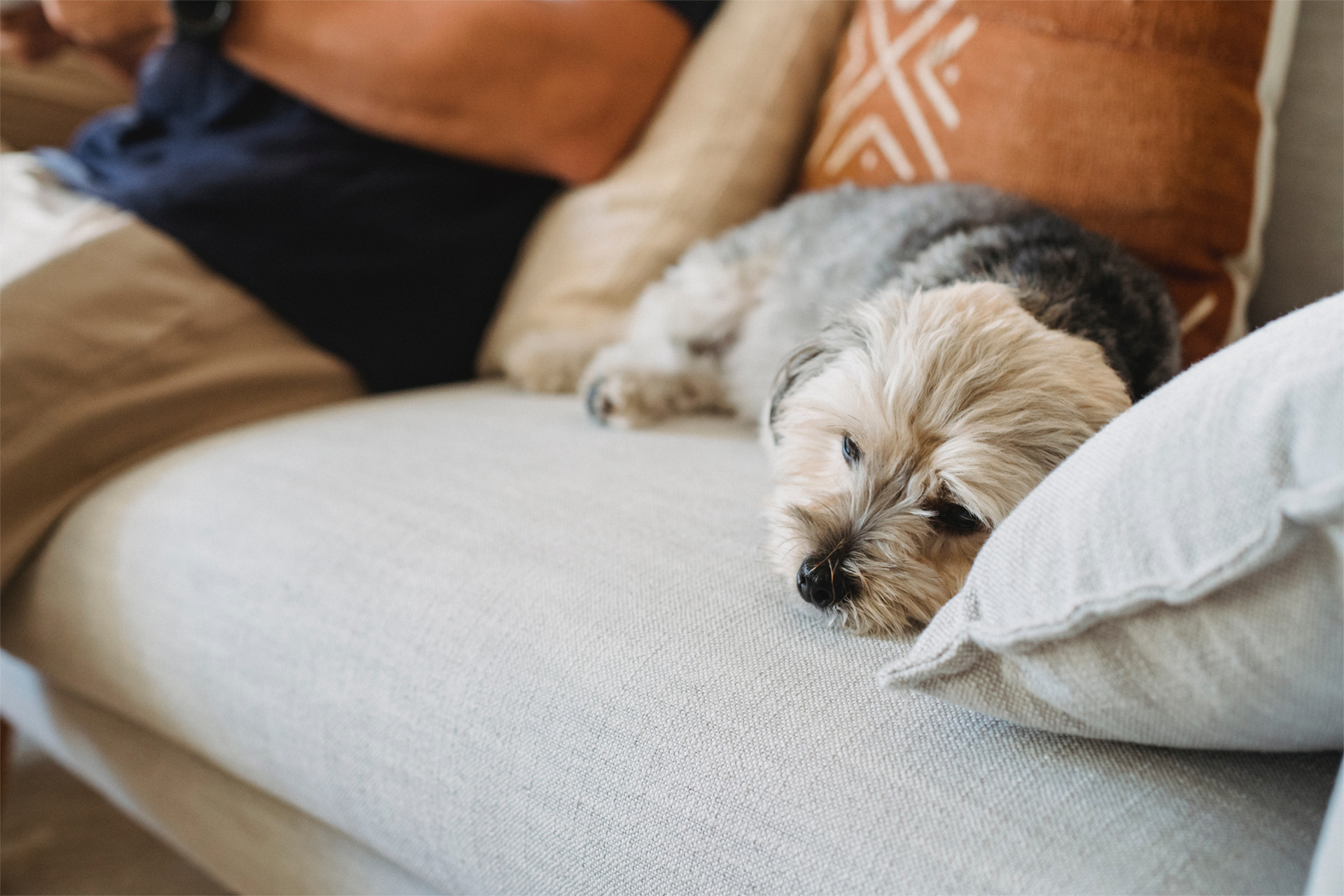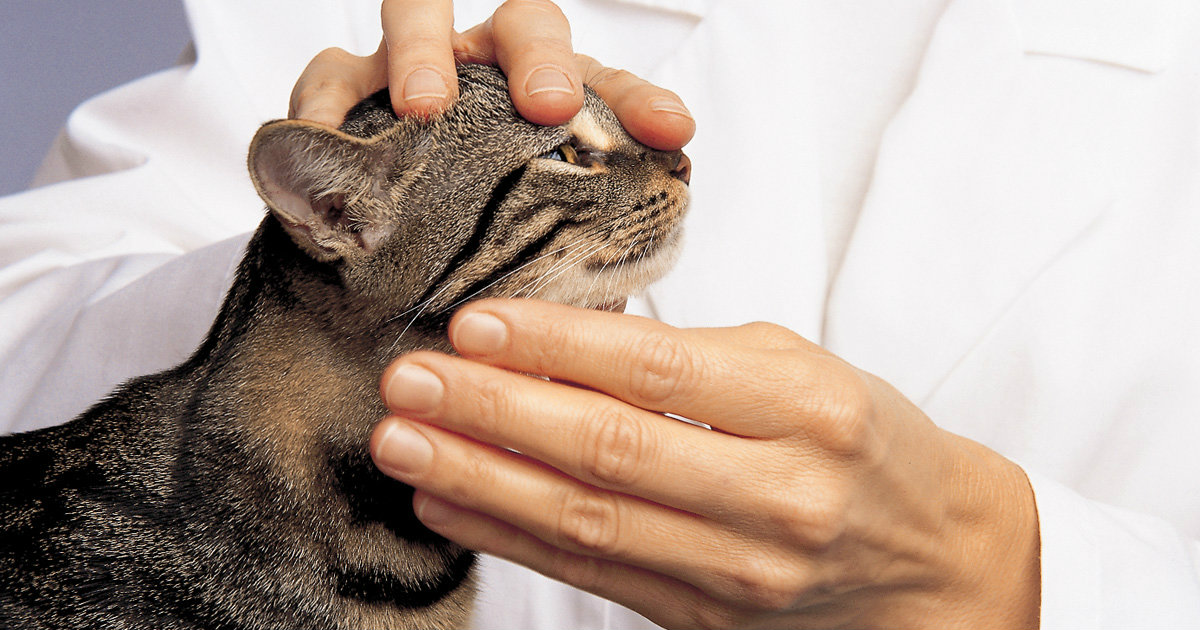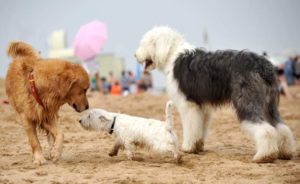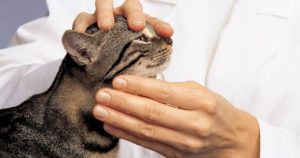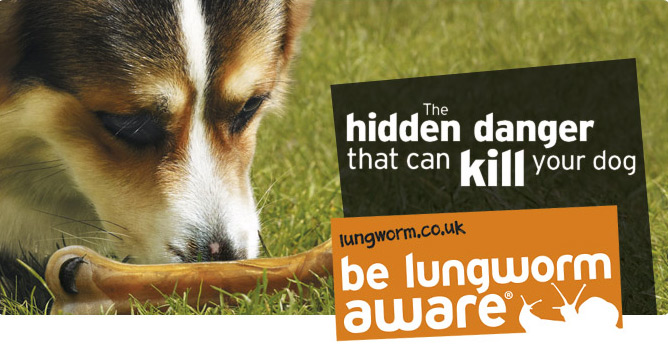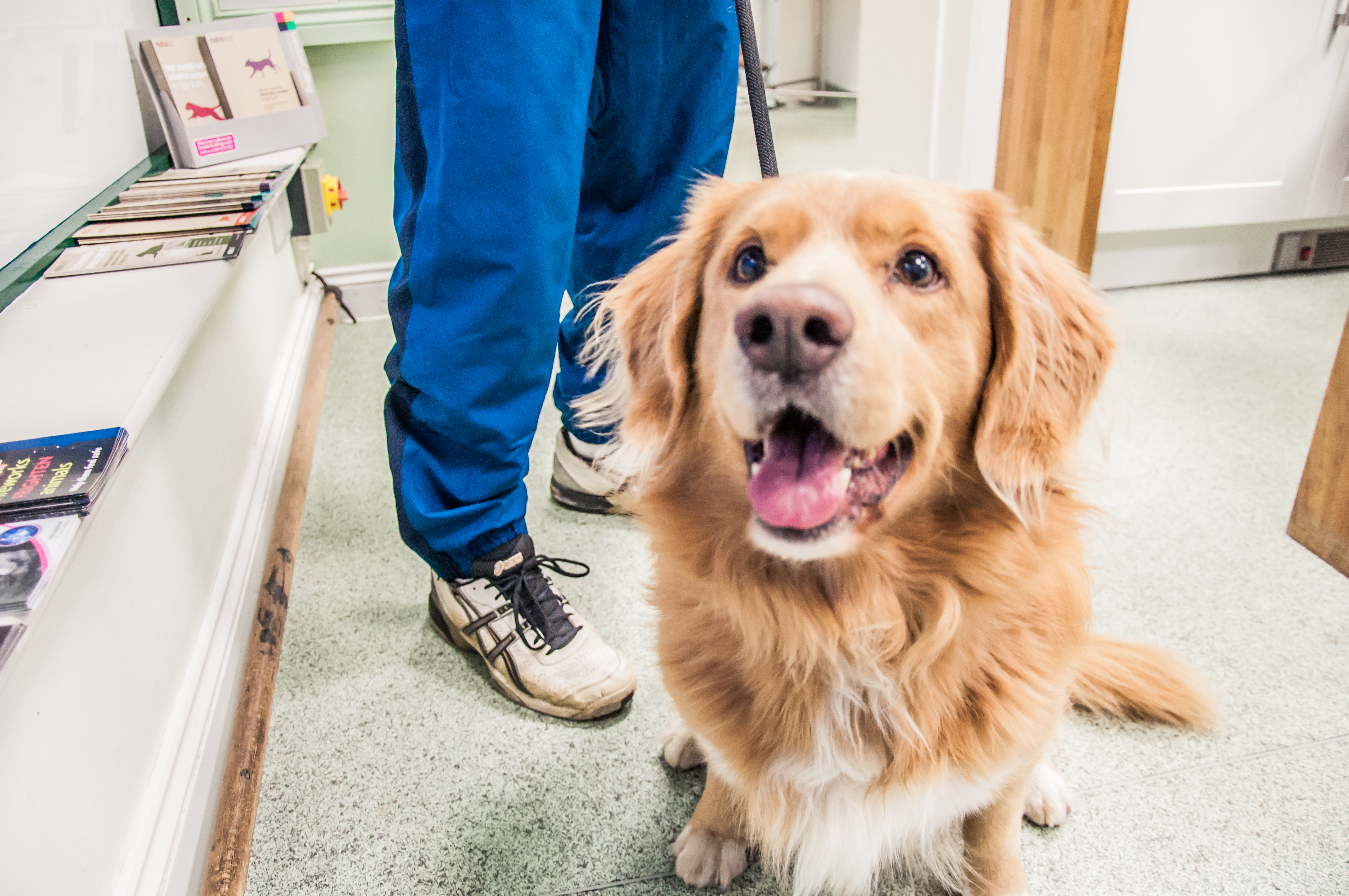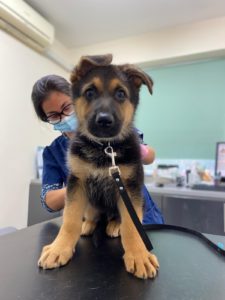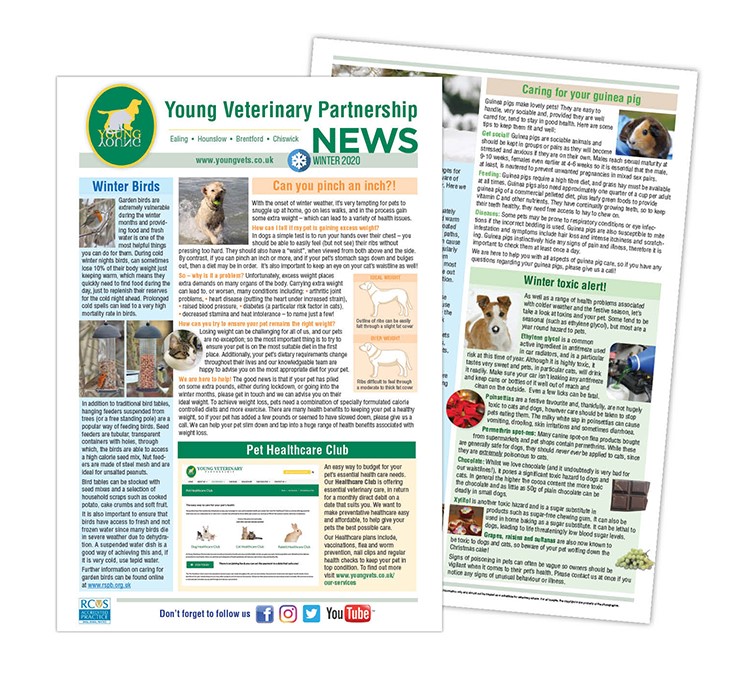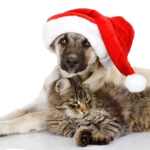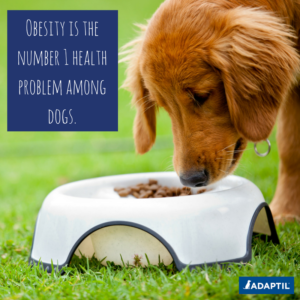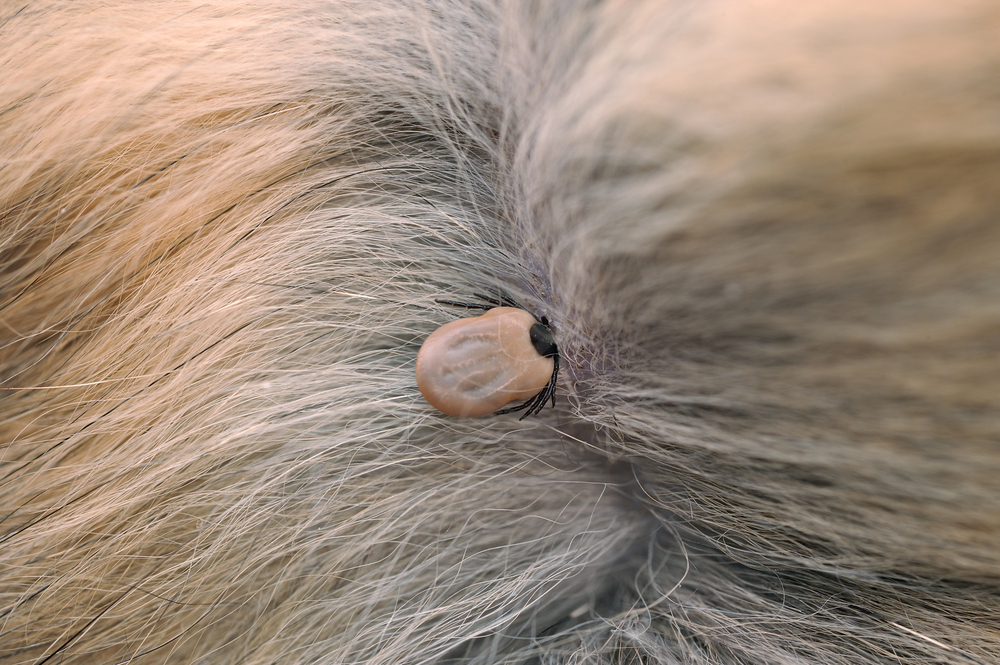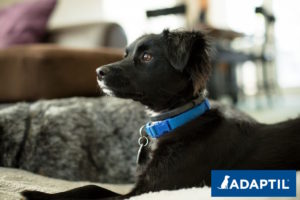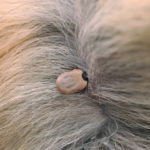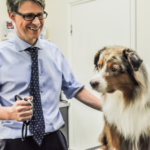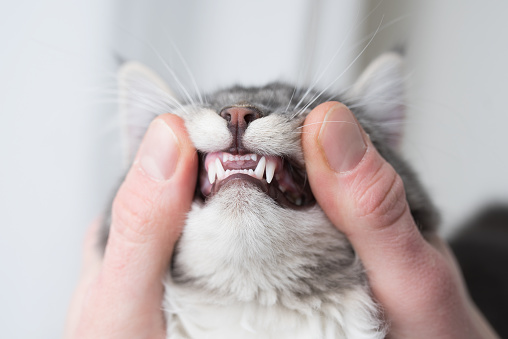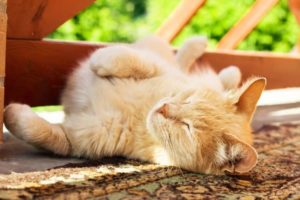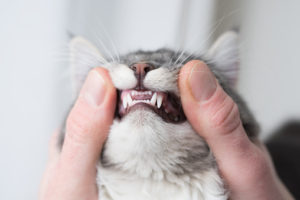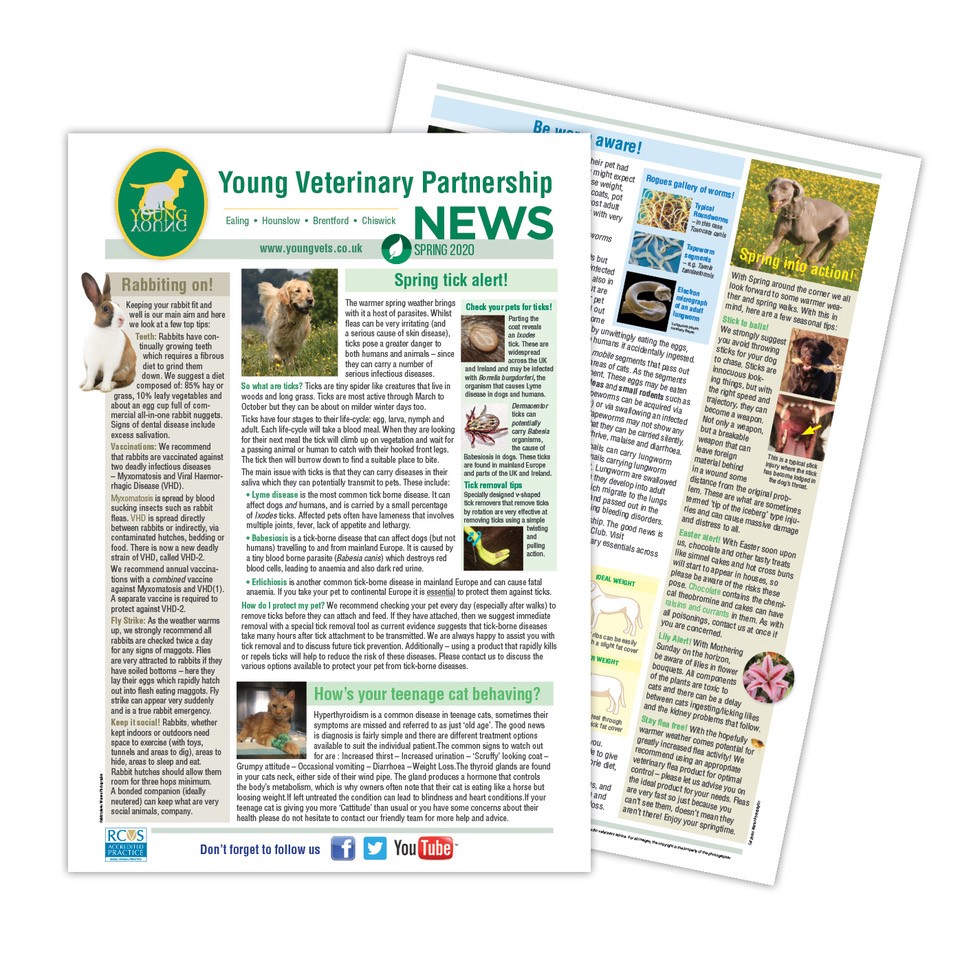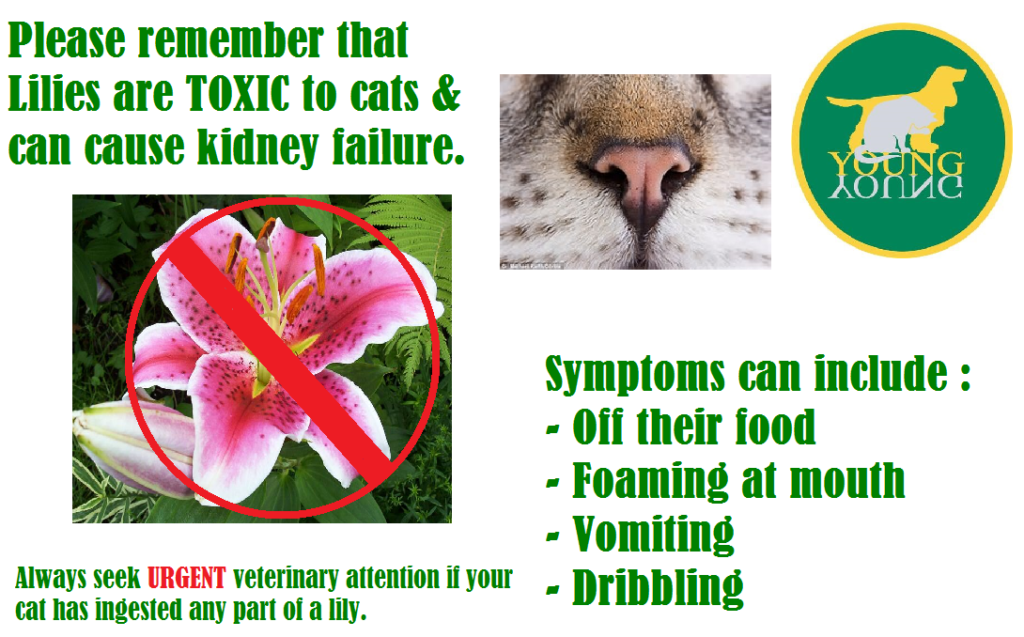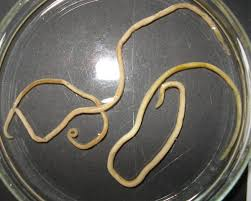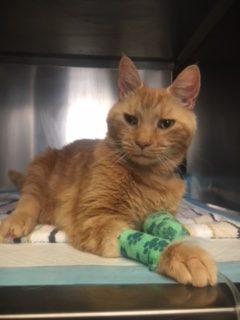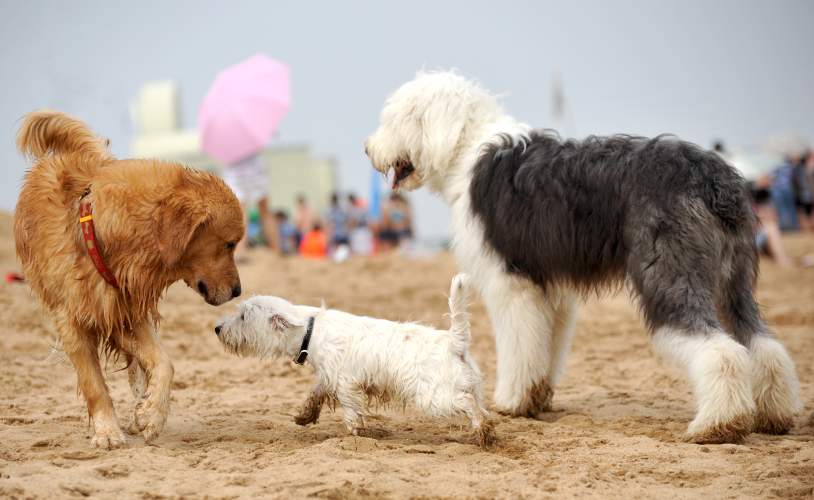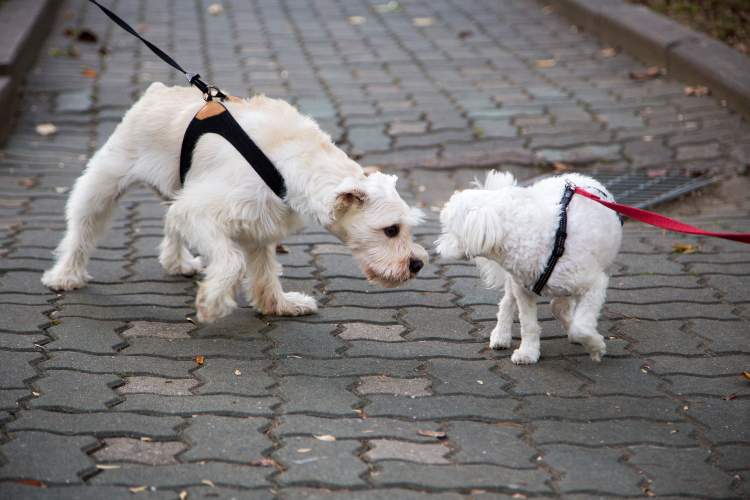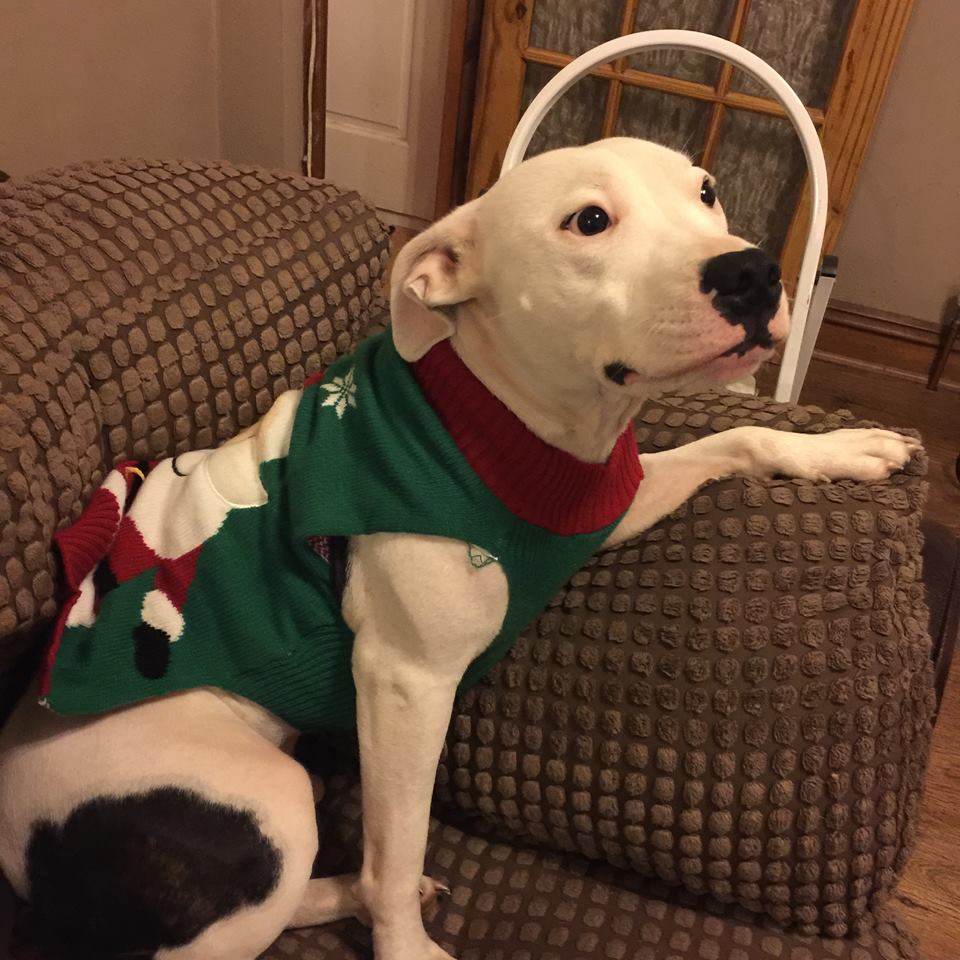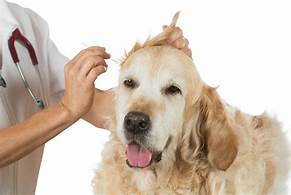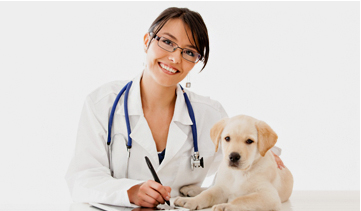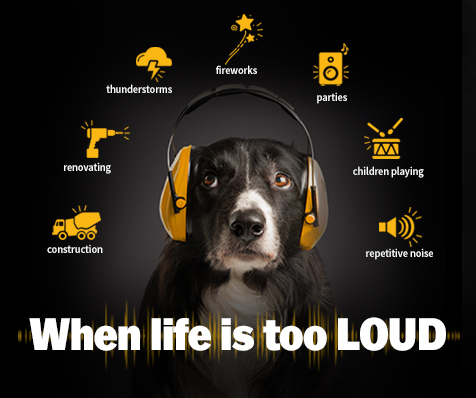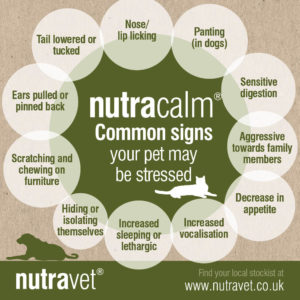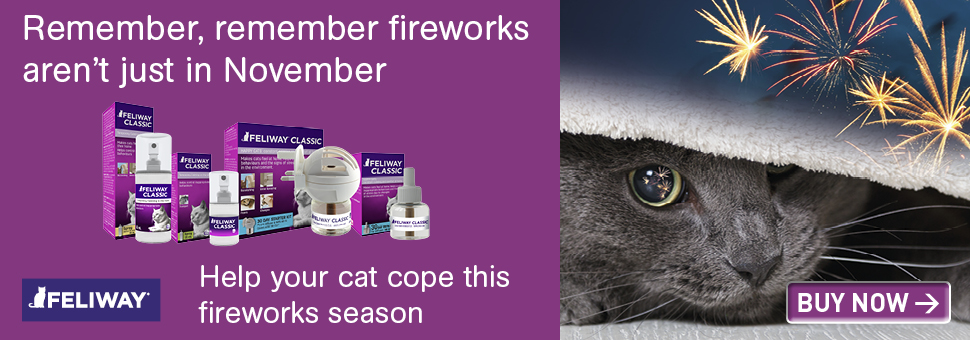Is it old age or pain?
Is it old age or pain?
Due to advances in veterinary medicine and nutrition, our pets are living for longer which leads to an increasing population of older dogs. This is great news because we want our canine companions to be with us for as long as possible, but it does mean that we need to be aware of the type of problems that our golden oldies can have and how to spot the signs.
The senior pet
If we have an older dog who seems to be slowing down on walks, a little more hesitant to jump up on the sofa or who is maybe not as playful as they once were, it is easy to simply attribute this to their advancing years. However, whilst it is normal that there will be a difference between the 6month old puppy and the 13 year old Labrador, it is crucial to remember that age itself is not a disease. As your dog advances in years, it is not unusual to notice some deterioration in eyesight, hearing ability and even greying hair; in other words not dissimilar to their human owners! We may also recognise changes in their behaviour and their activity levels and it is important to bear in mind that not all of these changes we see are just because they are ageing and assume nothing can be done to help. Arthritis has been estimated to affect up to 40% of canine patients. It is a progressive, non-curable inflammatory and painful condition of the joints and can affect any size or breed of dog.

How do we tell the difference between pain related behaviours and those that we would attribute to normal ageing processes?
The simple answer is that it’s not easy and this highlights why we need to be vigilant for any changes in our pets and always seek veterinary advice if they are noticed because they could point towards a medical issue. To take an example, imagine an older Labrador that doesn’t appear to be as excited about playing ball anymore. Is this due to eyesight deterioration? Or could it be hearing loss and he’s not hearing you trying to encourage him to play? Or could it be that movement is now painful for him?
It could be any one or a combination of the above; as mentioned before, ageing changes can occur in the eyes and the ears that can lead to a gradual deterioration in vision and hearing, though it is important to note that this should be checked out by your vet to ensure there isn’t another problem causing this. If it is mobility issues that are causing his reluctance to play, there are other signs you can look out for. Stiffness when getting up after a rest, difficulty in finding a comfy spot to settle in, limping, crying out when certain areas are petted, are all examples of behaviours you may notice that can point towards pain associated with arthritis. It is also important to note any muscle wastage, for example over hindlimbs, which occurs when a dog attempts to alter their gait and weight distribution in order to relieve discomfort and weight bearing in affected joints.
Take home message
We should never assume any changes in our dog’s demeanour or activity levels are simply normal ageing related changes. Arthritis is common in dogs and many levels become quite severe. Early recognition of the signs and seeking veterinary advice at this point allows us to put management and treatment plans in place in order to let our senior citizens enjoy life as much as possible.
We have been providing a caring service for pets from all over West London for over 50 years, register with our caring team here and visit a vet that is passionate about your pet.

Blog written by Jayne Clarke MRCVS, and provided by dogdialog on behalf of Zoetis.

